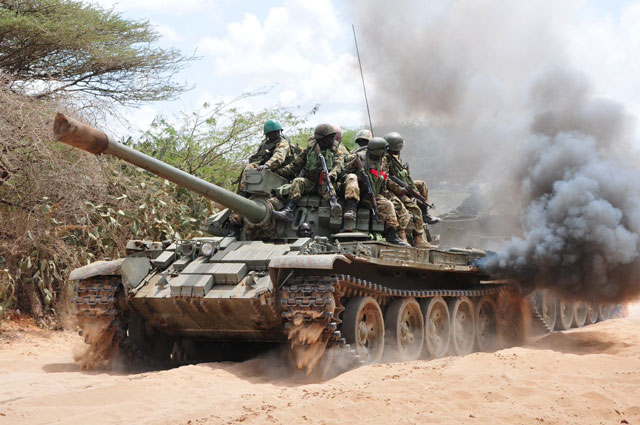Steps to aquire a leasehold certificate of title

Steps To Acquire A Leasehold Title In Uganda In Simple Terms, A Land Lease Is An Agreement That Permits The Tenant To Use A Piece Of Land Owned By The Landlord In Exchange For Rent. It Is A Form Of Land Tenure Involving A Land Owner Granting The Right To Another Person, The Exclusive Possession Of Land For A Stated Time In Exchange For A Premium (Land Rent) Also Paid At A Specific Time Agreed. In This Article, We Shall Discuss The Steps Involved When Applying To Acquire A Leasehold Land Title. Step One: At The District The Application Shall Pick, Fill And Submit Form 8, Form 10, Form 18 And Form 23 From The District Land Management Office Or District Land Board (DLB) For Processing. After Processing, The DLB Will Return The Fully Completed Forms To The Applicant For Onward Submission To The Ministry. Step 2: Requirements Forms 8, 10, 18, 23, A Set Of 3 Authentic Deed Plans, 3 Passport Photographs, Receipts Of Payment, Forwarding Letter Requesting For A Leasehold Title Signed By Th...


.jpeg)

.jpeg)
